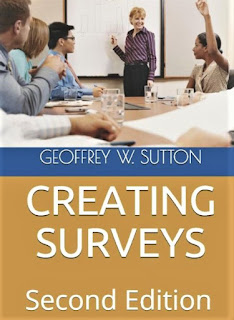Scale
name: Belief in Good Luck (BIGL)
Scale
overview: The scale
presents 12-items, which are rated based on degree of agreement. The authors wanted to reliably assess irrational beliefs about luck and examine the beliefs in relationship to expectations of success. Early
psychometric properties support the scale as a useful assessment of luck.
Authors:
Peter R. Darke and Jonathan L. Freedman
Subscales:
None
Sample items
b) Some people are consistently
lucky, and others are
unlucky.
o) Luck is nothing more than random
chance. (reverse scored)
Reliability:
Factor analysis
yielded one factor. Items were selected from the original list based on factor
loadings.
Alpha values were .85 in studies 1 and 3; .78 in study 2.
Validity: The article includes correlation
values with other measures. Total BIGL score was significantly positively
correlated with the chance subscale of the Locus of Control scale.
Availability: See link below. The scale can be
found within the article.
Permissions
-- if identified
Author's summary of findings (pp. 486-487).
This is generally in agreement with previous findings suggesting that people who believe in personal good luck react to lucky events by becoming more positive about the likelihood of future success (Darke & Freedman, 1997). In general, it is suggested that irrational beliefs about luck can serve as a source of positive expectations for the outcome of future events.
Cite this
post
Sutton, G.
W. (2021). Belief in good luck scale (BIGL). review. Assessment, Statistics, and Research. Retrieved from https://statistics.suttong.com/2021/12/belief-in-good-luck-bigl-review.html
Article Reference
Darke, P.R.
& Freedman, J.L. (1997). The belief in good luck scale. Journal of
Research in Personality, 31, 486-511.
Link to BIGL download
Reference
for using scales in research:
Buy Creating Surveys on
Reference
for clinicians on understanding assessment
Buy Applied Statistics for
Counselors
Links to Connections
Checkout My Website www.suttong.com
See my Books
FOLLOW me on
FACEBOOK Geoff
W. Sutton
TWITTER @Geoff.W.Sutton
PINTEREST www.pinterest.com/GeoffWSutton
Read published articles:
Academia Geoff
W Sutton
ResearchGate Geoffrey W Sutton



Comments
Post a Comment